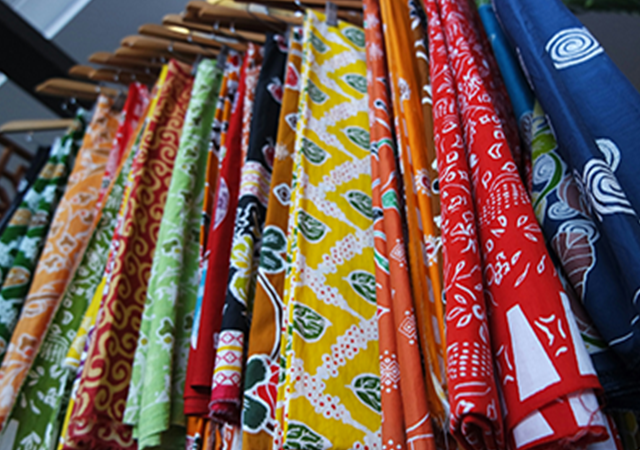In the realm of manufacturing, textile preprocessing stands as a crucial initial phase. Various methods are employed, each with distinct advantages and drawbacks. This article delves into the reimagining of these textile preprocessing methods, exploring novel approaches to enhance efficiency and outcomes.
Textile Preprocessing Overview
Textile preprocessing constitutes the essential cleaning and preparation of fibers for yarn or fabric production. Traditional methods like scouring, mercerization, and bleaching have long been employed. Scouring involves cleaning cotton fibers with an alkaline solution to eliminate impurities. Mercerization, on the other hand, strengthens and enhances the luster of cotton fibers through an alkaline treatment. Bleaching utilizes chemicals to whiten textile fibers.
Revolutionizing Shedding Techniques
Shedding, the removal of lint or fabric from the surface, has evolved beyond manual processes. Modern shedding mechanisms employ advanced technology, including automated lint brushes, rollers, and pickers, or specialized machines with rotating blades. These innovations ensure a more efficient and thorough removal of lint and debris from the fabric surface.
Innovative Bleaching Methods
Bleaching, crucial for removing colors or impurities, has seen advancements. Chemical bleaching agents such as chlorine, hydrogen peroxide, and sodium hydrosulfite are now complemented by eco-friendly alternatives. Sunlight bleaching, harnessing ultraviolet radiation, provides a physical bleaching option, utilizing heat or light to break down pigments without harsh chemicals.
Modernized Dyeing Practices
Dyeing, the process of adding color to fabric, witnesses a shift towards sustainability. Natural dyes from plant sources gain prominence alongside synthetic dyes made from eco-friendly materials. Dyeing is no longer confined to pre-printing; it seamlessly integrates into the post-printing stage, allowing for diverse color applications.
Revamped Printing Technologies
Printing, a pivotal step in textile preprocessing, experiences a transformation. Screen printing with stencils now coexists with digital printing, employing inkjet or laser printers for precision. This flexibility in methods accommodates varied designs and preferences. Printing occurs strategically after dyeing and before the finishing phase.

Innovations in Finishing Processes
Finishing, aimed at improving fabric appearance and performance, adapts to contemporary needs. Washing, drying, ironing, and chemical coatings, including flame retardants or water repellents, are meticulously tailored to enhance fabric attributes. Sustainable and eco-friendly finishing options gain traction.
Factors Influencing Textile Preprocessing Choices
Two pivotal factors shape textile preprocessing decisions: the nature of textile fibers and the design and type of fabrics. Natural fibers like cotton, linen, wool, silk, and hemp coexist with synthetic counterparts such as polyester, nylon, and acrylic. Fabric design complexity and types (woven, knit, non-woven) dictate the choice of preprocessing methods, ensuring a harmonious integration of design and functionality.
Meeting the Challenges of Different Fabrics
Fabric-specific challenges guide the preprocessing journey. Cotton, a common choice, undergoes pre-shrinking through hot water and steam treatments before dyeing or printing. Contrastingly, delicate fabrics like silk, wool, and linen demand meticulous handling to avoid damage during preprocessing.
The metamorphosis of textile preprocessing techniques aligns with the evolving demands of sustainability, efficiency, and fabric-specific requirements. The industry embraces innovation to ensure a seamless and responsible manufacturing journey from fiber to fabric.
SUNTECH Textile Machinery stands at the forefront of the textile industry's technological revolution, infusing innovation into the field and driving its transformation. Through relentless research, development, and technological advancements over 50 years, SUNTECH established the range of fabric making-up machine encompasses almost all fabric types including fabric rolling machine, fabric relaxing machines etc. SUNTECH Textile Machinery continues to deliver remarkable achievements to the global textile sector.




